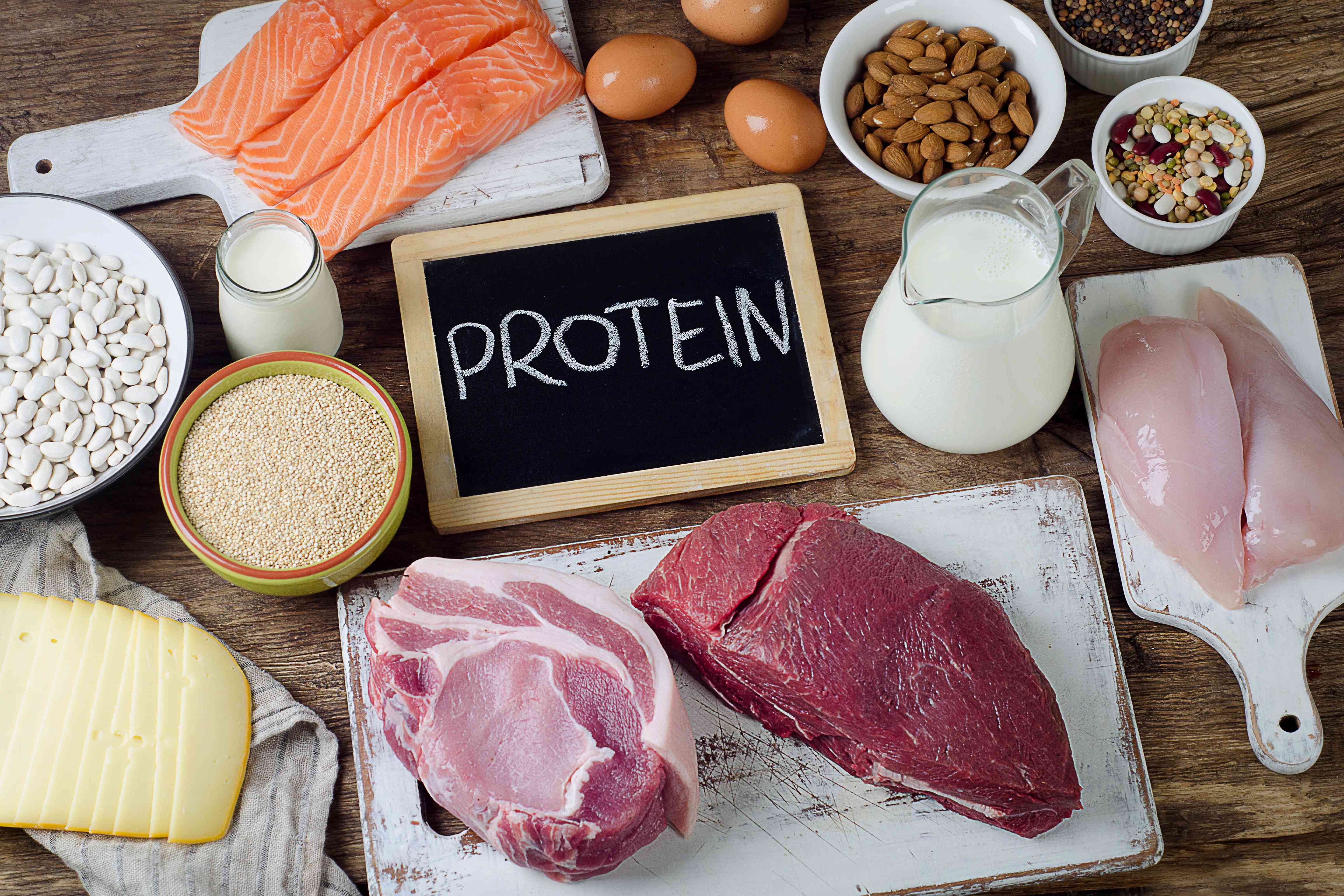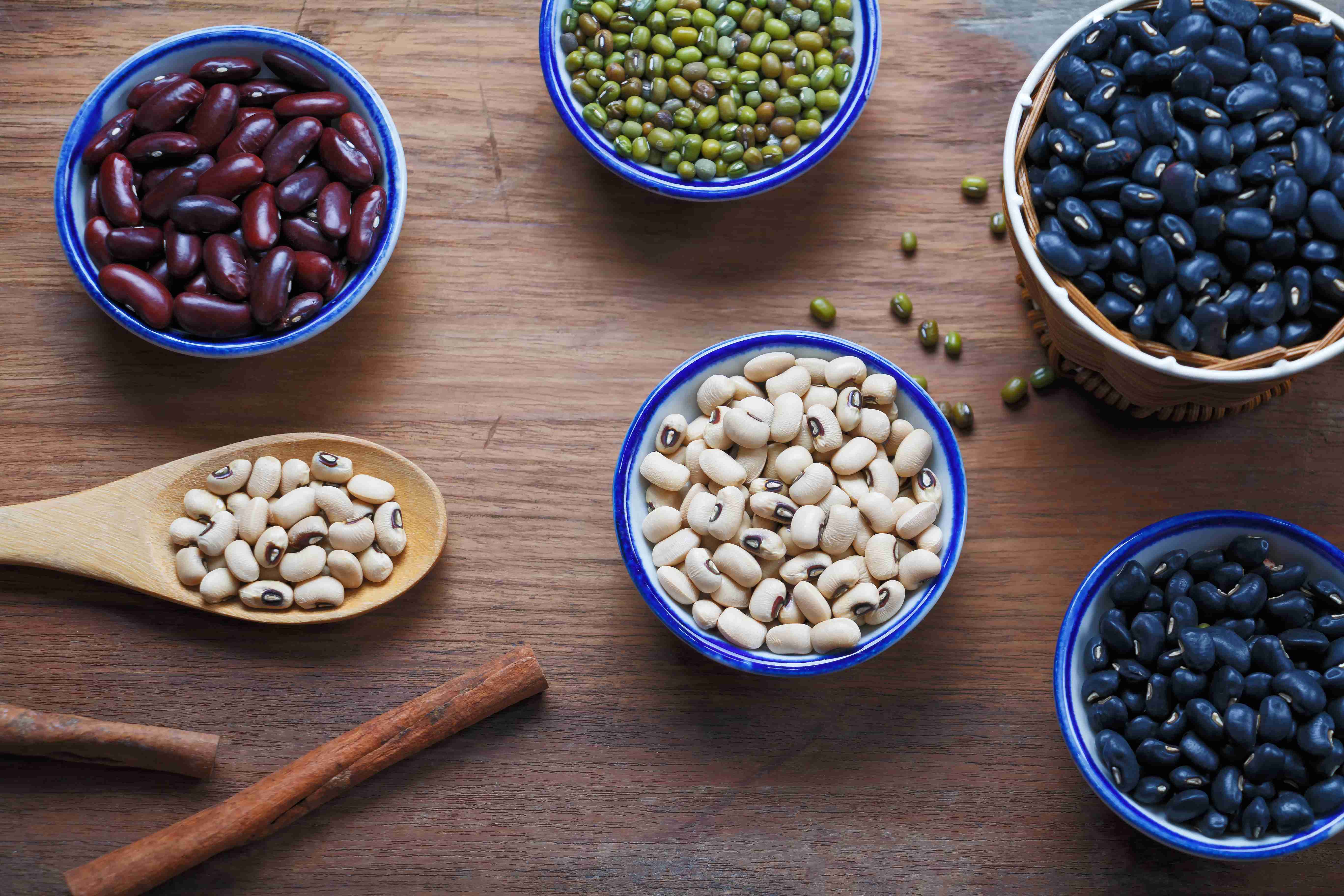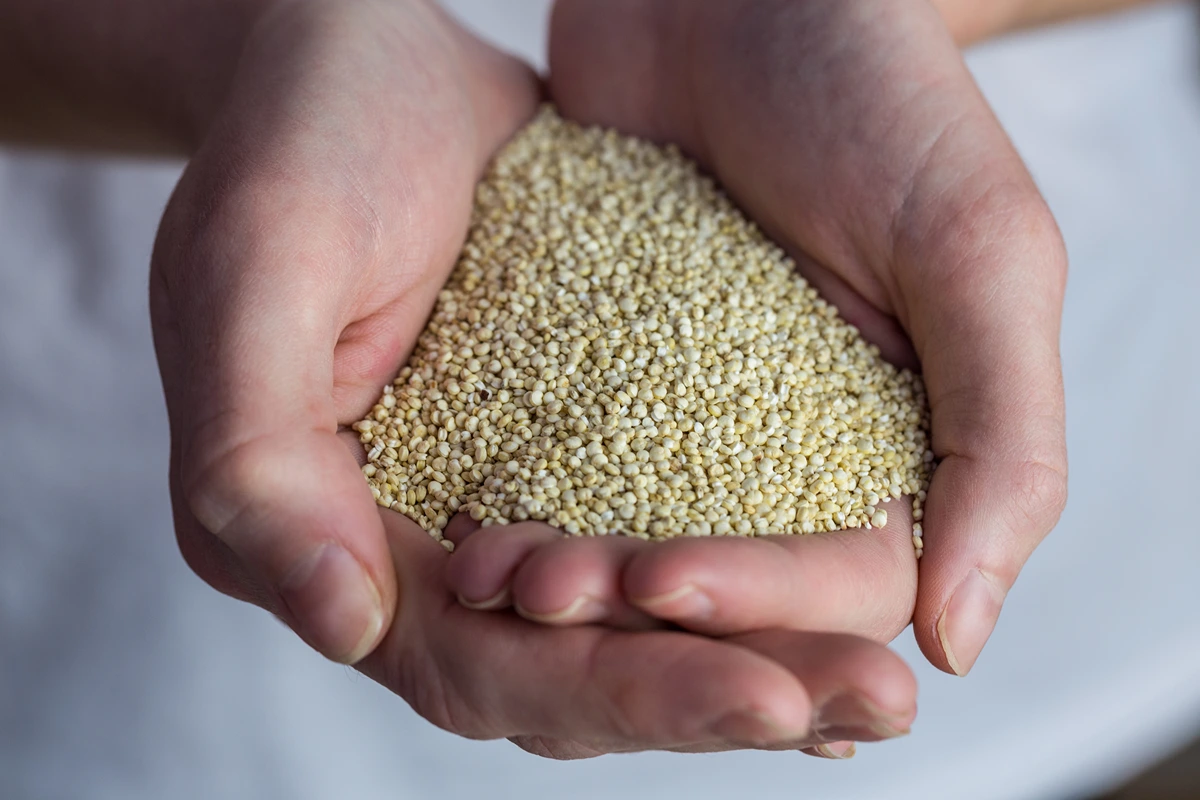

Thinking about going vegetarian? You're not alone. Many people are exploring plant-based diets these days, and it's important to make sure you're getting all the nutrients you need, especially protein. Protein plays a crucial role in muscle growth, repair, and overall health, so it's essential to find delicious, high-protein foods that will keep you feeling satisfied.
But what foods are high in protein? Well, fear not! We've got you covered. In this article, we'll introduce you to some of the best high-protein foods for vegetarians. From legumes to nuts and whole grains to leafy greens, we'll show you how to build a balanced and protein-rich vegetarian diet.
So let's dive into the world of plant-based protein and discover some tasty options that will keep your taste buds happy while nourishing your body.

Legumes are not just for chili and hummus! These plant-based powerhouses are packed with protein, making them an essential part of any vegetarian diet. From lentils to chickpeas and black beans, legumes offer a wide range of flavors and nutritional benefits that will keep you coming back for more.
Lentils, for example, are a fantastic source of protein. Just one cup contains a whopping 18 grams! Not only that, but they are also rich in fiber and iron, which are important for overall health. Lentils cook quickly and can be used in a variety of dishes, such as salads, soups, or even veggie burgers.
Chickpeas are another legume superstar. With 15 grams of protein per cup, they provide a substantial amount of this essential nutrient. They're also high in fiber and low in fat, making them a heart-healthy choice. Roast them with some spices for a crunchy snack or toss them into salads for added texture and flavor.
Black beans may be small in size but they pack a big protein punch. One cup contains about 15 grams of protein along with plenty of fiber to keep you feeling satisfied. Black beans can be used in soups, stews, or as a filling for tacos or burritos. They add a delicious creaminess to any dish while providing essential nutrients.

Nuts are a satisfying and protein-packed snack, particularly beneficial for vegetarians aiming to meet their protein needs. Almonds, walnuts, and cashews are examples of nuts rich in protein, with approximately 6 grams, 4 grams, and 5 grams of protein per ounce, respectively. However, nuts offer more than just protein.
They are also abundant in healthy fats, fiber, vitamins, and minerals, making them an excellent addition to a vegetarian diet. Snacking on nuts is an easy way to incorporate protein into your daily intake. Enjoy them alone or mix them with dried fruits for a tasty trail mix. Sprinkle chopped nuts over salads or blend them into yogurt for added crunch and flavor.
For more versatility, consider making nut butter spread or using crushed nuts as toppings for oatmeal or smoothie bowls. Get creative and embrace the nutritional benefits of nuts in various ways!

You've learned about legumes and nuts as excellent sources of plant-based protein. Now, let's talk about another group of power-packed foods that can help you meet your protein needs as a vegetarian: whole grains!
Whole grains such as quinoa, brown rice, and oats are not only delicious but also offer substantial amounts of protein. Unlike refined grains, which have been stripped of their nutrients, whole grains retain their fiber, B vitamins, and minerals.
Quinoa is a superstar among whole grains. With all nine essential amino acids and 8 grams of protein per cooked cup, it's a nutritional powerhouse. Its versatility allows you to use it in a variety of recipes – from salads to stir-fries.
Brown rice is another fantastic option that provides 5 grams of protein per cooked cup. It's an excellent base for Buddha bowls or a side dish for your favorite vegetarian curry.
Oats, commonly known for their role in breakfast bowls and baked goods, should not be overlooked when considering protein sources. One cup of cooked oats contains around 6 grams of protein.

Leafy greens offer more than just their vibrant colors; they are also packed with protein to support your vegetarian journey. Spinach, kale, and broccoli are protein-rich powerhouses that deserve a place in your meat-free diet. Spinach provides about 2 grams of protein per cup, while kale and broccoli offer approximately 3 grams.
However, the benefits of leafy greens extend beyond protein. They are also abundant in essential vitamins and minerals such as iron, calcium, and vitamin K, which contribute to bone health, blood clotting, and overall immunity.
Incorporating leafy greens into your meals is effortless. Add a handful of spinach to your morning smoothie for an extra protein boost or include it in a refreshing salad for lunch. Kale works wonders in stir-fries or as a flavorful addition to soups. And let's not forget about broccoli! Whether steamed or roasted, it is a versatile vegetable that complements any meal. Embrace the protein and nutritional benefits of leafy greens on your vegetarian journey!

